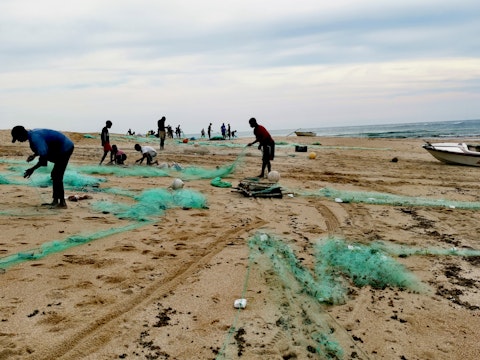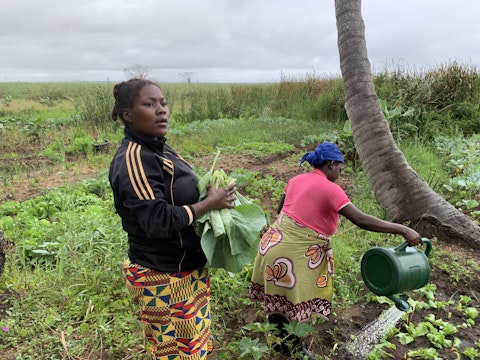Tontonto - The Sound of Falling Drops
These drops are intense
These drops are intense
We have never measured the alcohol content but recall the performance in restaurants where liqueurs are lit on fire and the alcohol is released. The local distilled spirit “tontonto” is so alcoholic that a pillar of fire rises from it. In fact, when an old man poured the first of the distillate that had accumulated in the coconut shells over the fire of the distillation kiln, the column of fire rose vigorously.
The villagers would peel the tangerines, or oranges, that were starving in their gardens, put them in a large jar, and leave them for a while until they fermented. When the fermentation is well advanced, it is placed in an unglazed jar that serves as a distillation kiln, and the top of the jar is covered with the same type of unglazed pottery. A fire is made under the jar and an iron pipe is inserted between the jar and the lid, which is then covered with clay-like soil. The iron pipe is passed through a water cooler made from a hollowed-out tree trunk, and the distilled spirit, cooled by the water, drips down from the end of the pipe making the sound of “tontonto”. The distillation system was apparently introduced by the Portuguese in the early to the mid-19th century. The Portuguese started making spirits from sugar cane and tried to open up colonial markets, but the locals in this area successfully adapted the production method for their own use. They began to make various spirits not only from sugar cane but also from the juice of oranges and cashews, which were in abundance.
At the end of the 19th century, when grapes in European wine-growing regions were uniformly affected by the disease, the Portuguese wine industry tried to revive the industry by producing low-grade wines with a short maturation period to sell on the colonial market. However, by then the market in southern Mozambique was already dominated by “tontonto” made by the locals, making it difficult for Portuguese wines to enter the market. The colonial government considered “tontonto” as moonshine, and to crack down on its production they found and seized pots, iron pipes, and coolers used as distillation kilns, but they could not crack down on it. To this day the situation is similar.
The old man preparing “tontonto” was already in a good, tipsy mood in the shade of a tree, tasting. I sip the sweet orange-scented “tontonto” as he offered one shot and make eye contact with him. In return, he smiles and nods and we are both satisfied.

.jpg?fm=jpg&q=75&fit=max&w=640&h=360)










